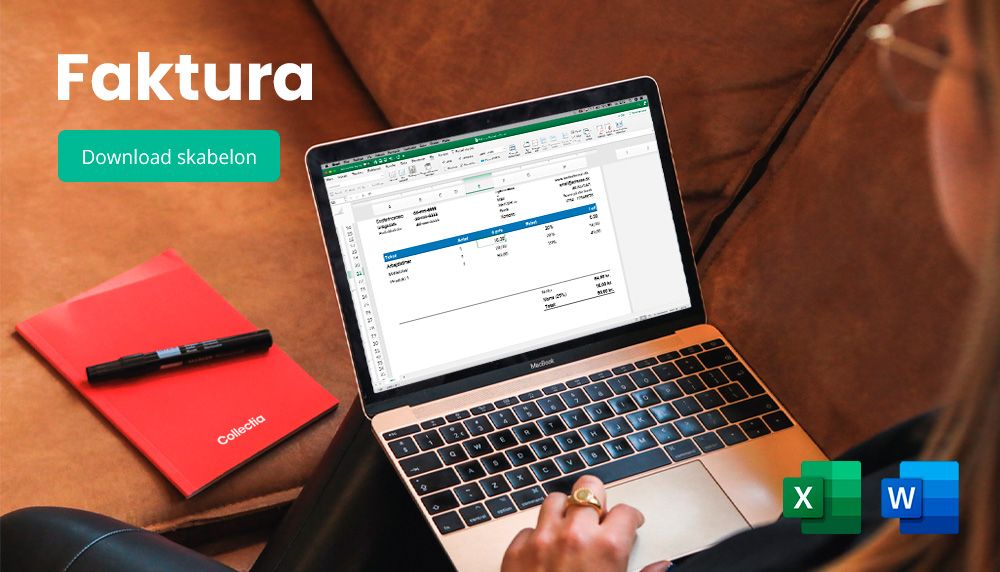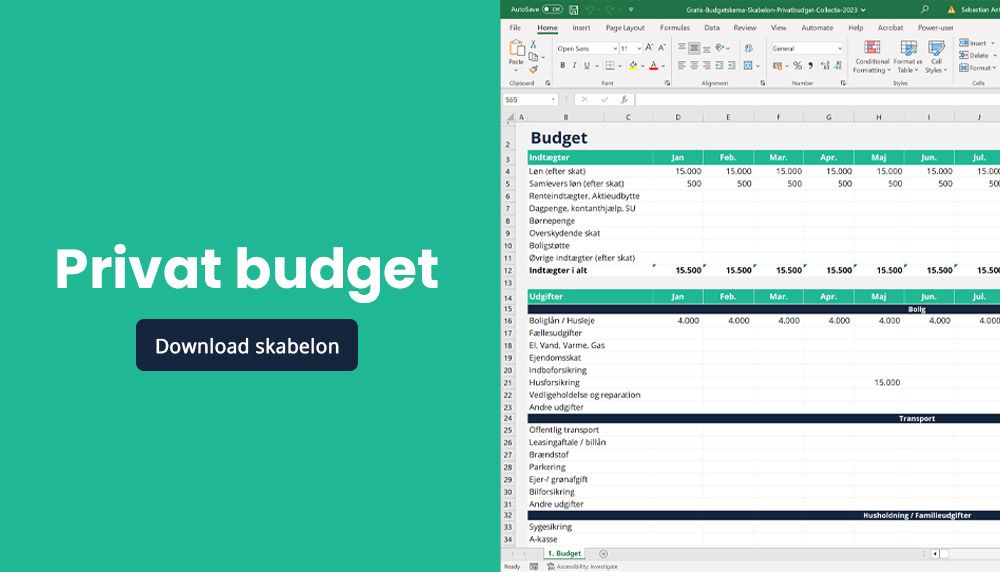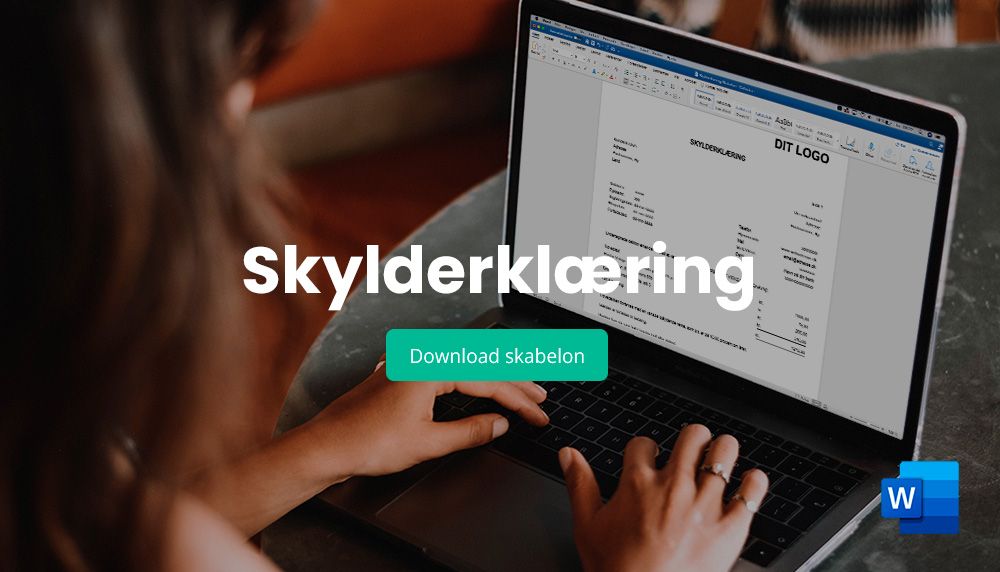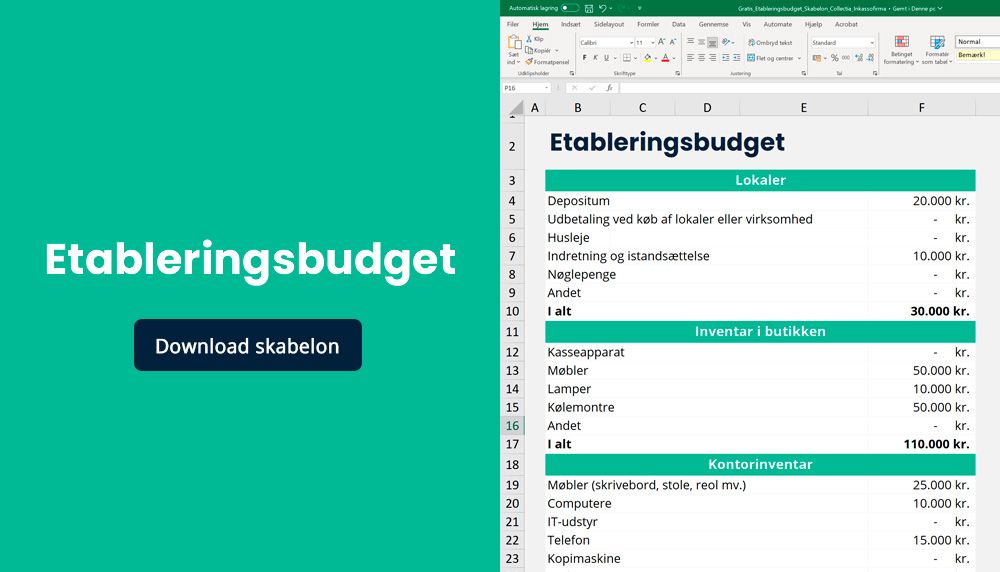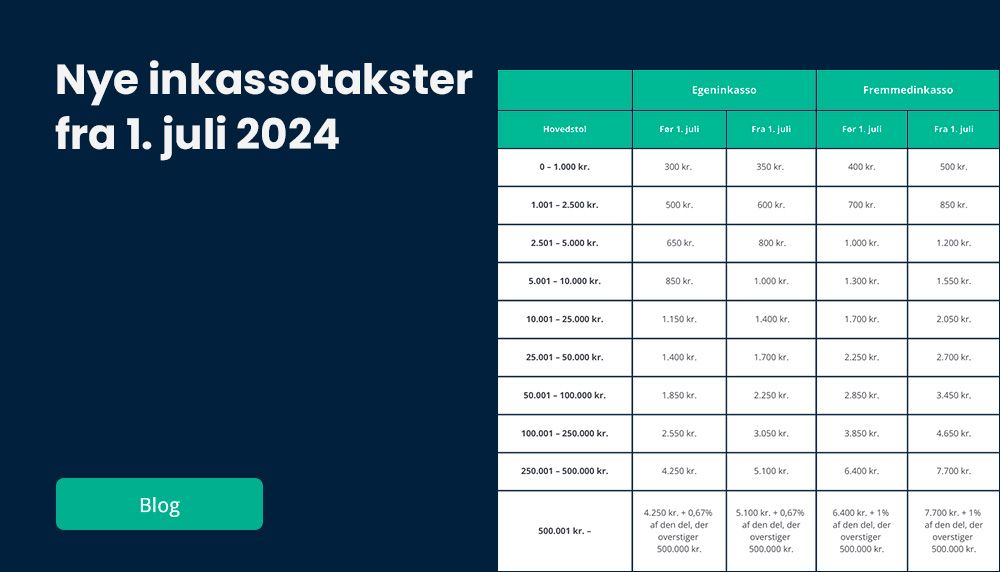
Change of debtor
A debtor change means that a person or company takes over a debtor's debt and replaces the debtor.
In practice, a change of debtor often occurs in connection with the purchase and sale of real estate, where an owners' association or a mortgage credit institution has a mortgage on the property.
In practice, the debtor change simply means that the mortgage is transferred from the seller of the property to the buyer. The buyer is then the debtor instead of the seller, as the debt obligation is legally transferred from the seller to the buyer.
In principle, a change of debtor can also be done for general debt, such as consumer loans and the like - but we don't believe this is nearly as common as in the purchase, sale and takeover of real estate.
One place where a change of debtor is also often seen in practice is in the case of a new lessee when buying a car, where the lessee is replaced by a new lessee - this is also referred to as a change of debtor.
Requirements for debtor change
There are basically two requirements that must be met before a debtor change can be considered.
First and foremost, the creditor must give consent for a debtor change to take place. This is done to protect the creditor. The creditor is often not interested in a debtor being replaced by a debtor with a poorer ability to pay.
The second requirement for a debtor change is that both parties sign the debtor change - and only then is it valid.
Registration of a debtor change
If a change of debtor occurs, for example in connection with a new owner in a condominium association, and the loan has previously been registered, a registration of the change of debtor will be required.
The registration of the change of debtor is a natural part of a real estate transaction and is carried out by the deed writer - typically a real estate agent, lawyer or the buyer themselves.
The registration of a debtor change triggers a fee to the court. If a debtor change is made in connection with, for example, a bank loan or leasing a car, this will typically also trigger a small fee to the bank or leasing company.


